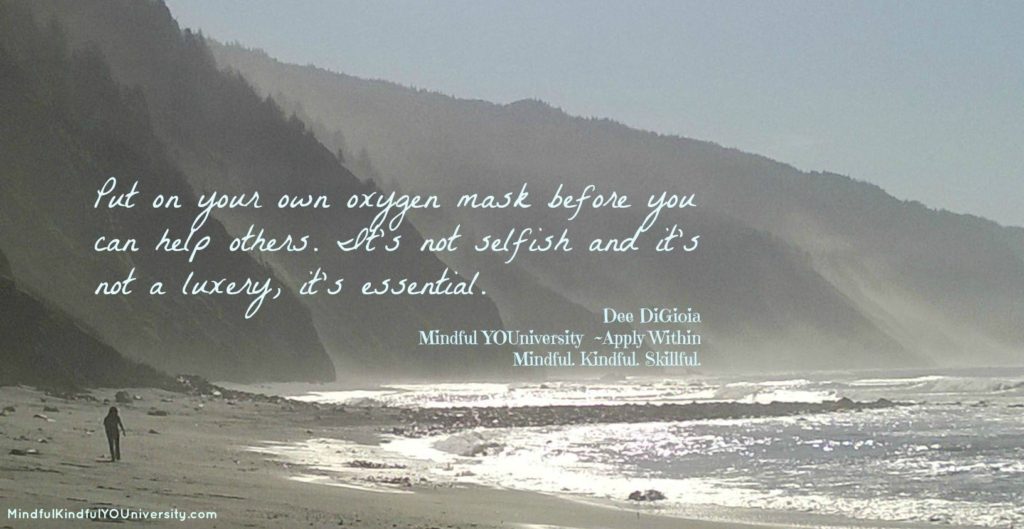Resources: Mindfulness for Adults
~ at home, work, and in the community ~
While I am creating programs throughout San Luis Obispo County, I am compiling a list of important, informational articles and video resources for myself, as well as to share with others, all in one place, right here on this page. There are so many reasons why mindfulness is beneficial to us at home, at work, and in our communities. See our similar list of resources for youth.
I will continue to add to these lists over time so be sure to check back! I have tons more to add to this list but it’s time for a mindful break! (Last edited 5/27/19)
~~~~~~~~~~~~~~~~~~~~~~~~~~~~~~~~
Why Mindfulness is a Superpower
“Mindfulness is the ability to know what’s happening in your head
at any given moment without getting carried away by it.”
~Dan Harris, “Why Mindfulness is a Superpower”
~~~~~~~~~~~~~~~~~~~~~~~~~~~~~~~~
Research and Benefits of
Mindfulness and Self-Care
5 Essentials of Mindful Self-Care: Promoting Mind-Body Resilience
7 Damaging Myths About Self-Care
Different Types Of Meditation Change Different Areas Of The Brain, Study Finds
Eight Meditation Brain Benefits
Emotional reactivity lessens with mindfulness, brain study shows
From OM To OMG: Science, Your Brain, And The Productive Powers Of Meditation
Harvard neuroscientist: Meditation not only reduces stress, here’s how it changes your brain
How Many Teachers Are Highly Stressed? Maybe More Than People Think.
Intensive meditation practice reveals itself in the breath
MBSR and exercise both reduce cold and flu frequency, severity
Meditation appears to produce enduring changes in emotional processing in the brain
Meditation can Change your Brain Structure
Meditation Health Benefits: What The Practice Does To Your Body
Mindfulness and Emotional Intelligence ~ upgrade your internal operating system
Mindful people transition more frequently between brain states
Mindfulness helps to restore self-control over aggressive behavior
Not Talking About Mental Health Is Literally Killing Men
Science Confirms: Benefits of Mindfulness Meditation Are Legit
Science Says Silence Is Much More Important To Our Brains Than We Think
Scientific Benefits of Meditation – 76 Things You Might be Missing Out On
Self-care and Mindfulness: You Are Enough
The Skeptic’s Guide To Meditation
Vagus Nerve Is the Key to Well-being
Video game addiction is officially a mental health disorder
What Happens to the Brain When You Meditate (And How it Benefits You)
What Meditation Can Do For Your Mind, Body And Spirit
Why Silence Is So Good For Your Brain
~~~~ At Work ~~~~
4 Ways Mindfulness and Meditation Can Help You at Work
A Guide To Mindfulness At Work
From nonstop stress to workplace success: Mindfulness tips that transform
Three Simple Ways to Recover from Work-Related Stress
Want To Practice Mindfulness? Start At Work
Watch Your Brain at Work (webcast)
Workplace Mindfulness Can Cut On-The-Job Stress
Workplace Stress: The Health Epidemic of the 21st Century
~~~~ For Educators ~~~~
Can Mindfulness Make Us Better Teachers?
CURRY STUDY: REDUCING TEACHERS’ STRESS LEADS TO HIGHER-QUALITY CLASSROOMS
Don’t Quit: 5 Strategies for Recovering After Your Worst Day Teaching
Edutopia: Burnout Isn’t Inevitable ~ Teachers are stressed—but schools can help
Four Things Schools Can Do to Keep Teachers Happy
Seven Ways Mindfulness Can Help Teachers
Science Says Silence is Vital for Our Brains
Study shows mindfulness training can help reduce teacher stress and burnout
When Teachers Take A Breath, Students Can Bloom
~~~~ For Parents ~~~~
4 Self-Care Strategies to Avoid Parental Burnout
5 Mantras for Mindful Parenting
15 positive ways to help your child learn to manage their anger (on emotional regulation – yours and theirs)
How Mindful Parenting Differs From Just Being Mindful
‘Self-care’ is not enough to fix how much moms are burnt out
The 5 Main Tenets of Mindful Parenting
The Train Analogy That Will Completely Change How You See Your Crying Child
~~~~ For Relationships ~~~~
Happy Couples Focus on Each Other’s Strengths
How Mindfulness Can Help Couples Cool Down
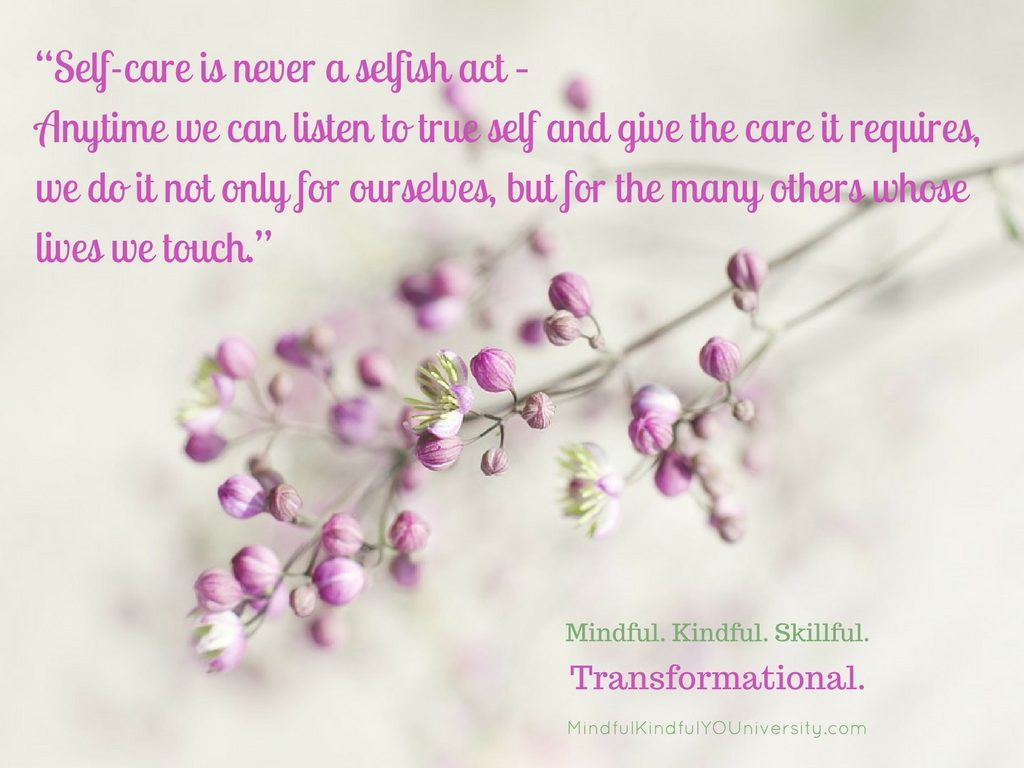
Learn how to reduce the risks of stress in your personal and professional life.
~~~~~~~~~~~~~~~~~~~~~~~~~~~~~~~~~~~~~~~~
MORE FROM MINDFUL KINDFUL YOUNIVERSITY:
>>> Research and Benefits <<<
>>> What is Mindfulness? <<<
>>> Well-being for Parents <<<
>>> Well-being for Educators <<<
>>> Discover Our Adult Programs and Services <<<
You may also be interested in
>>> Resources: Mindfulness/SEL for Youth <<<
~~~~~~~~~~~~~~~~~~~~~~~~~~~~~~~~~~~~~~~~

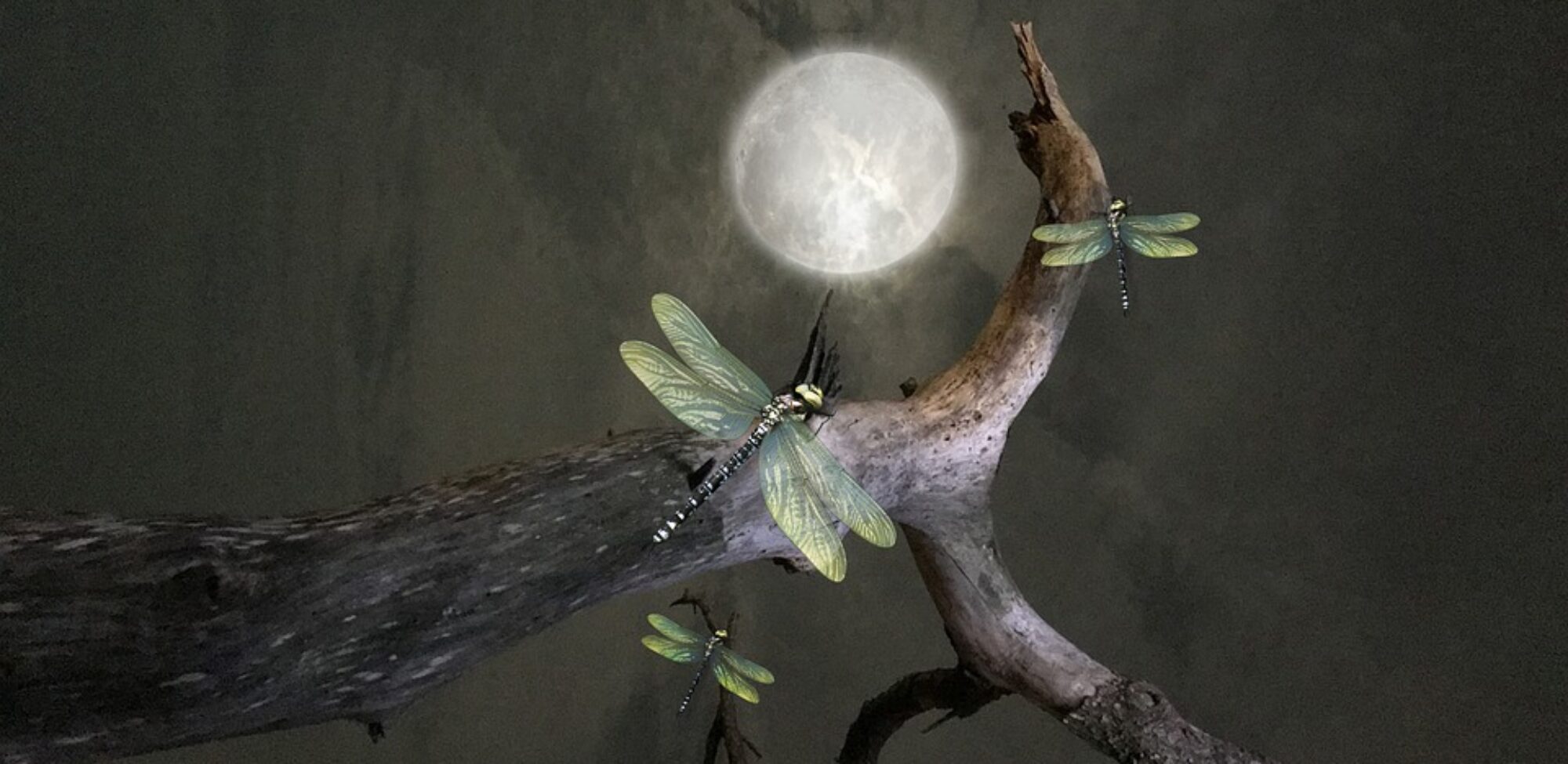





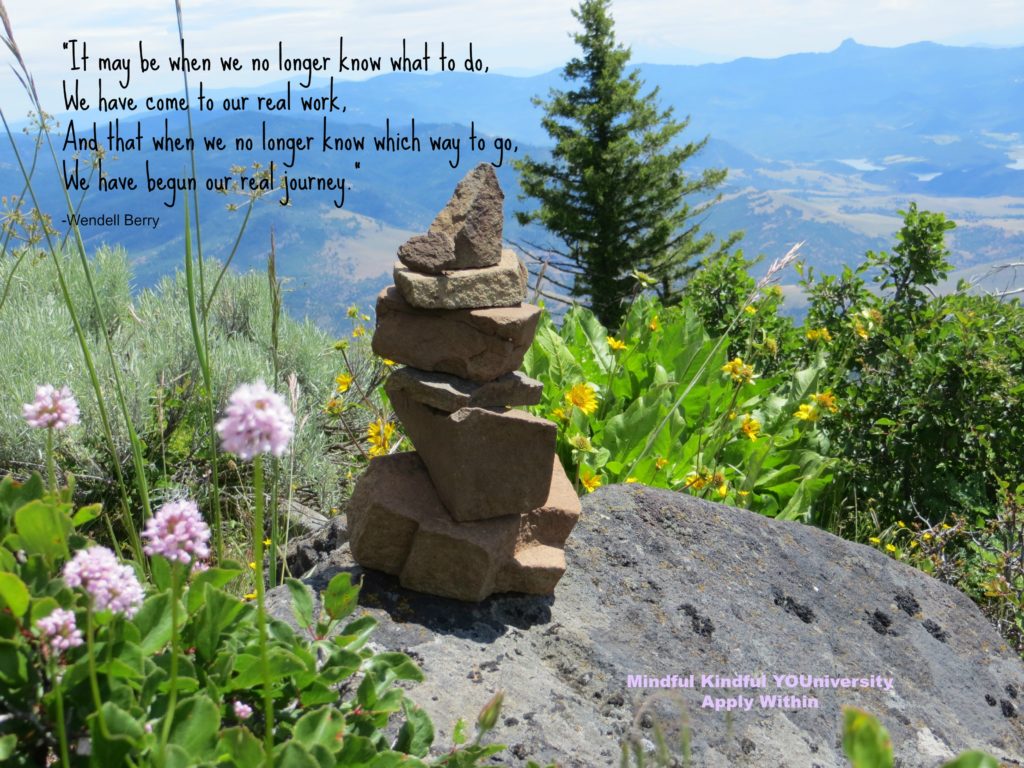
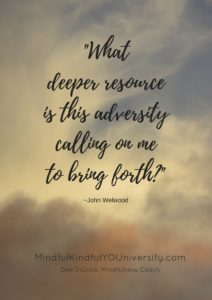 This became my north star for navigating through the year.
This became my north star for navigating through the year. 